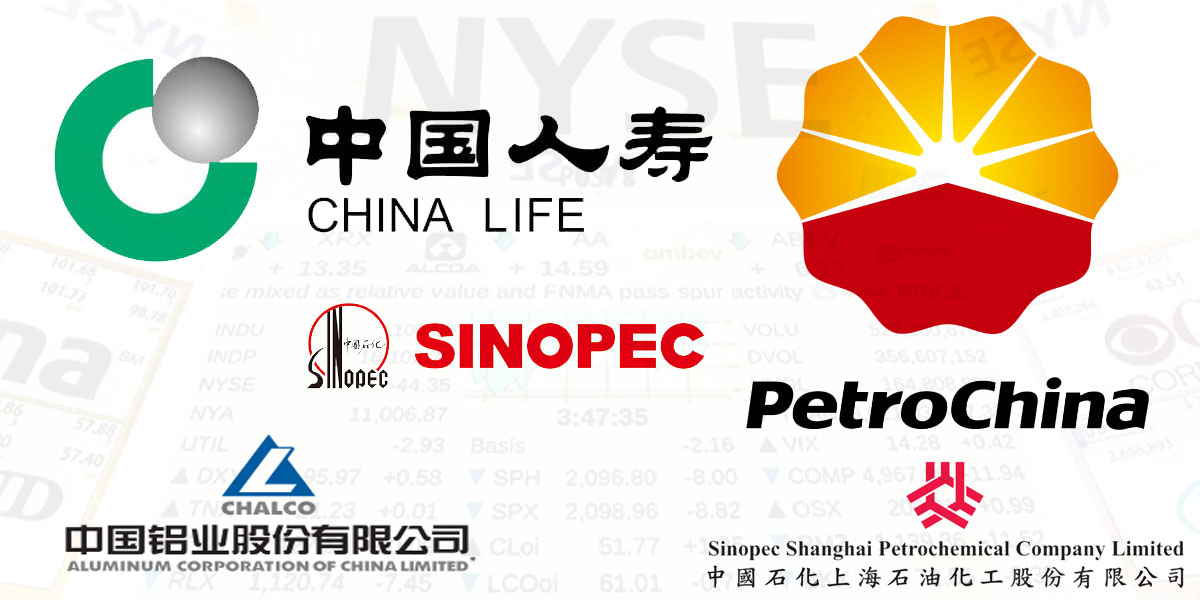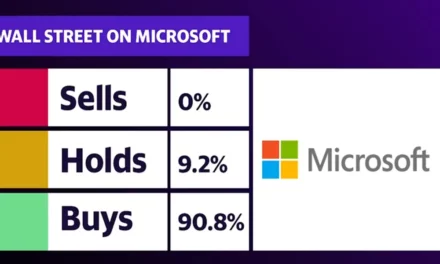Several state-owned Chinese corporations announced that they will be delisting from the New York Stock Exchange, effective August 31, 2022.
Last August 12th, the Aluminum Corporation of China, China Life Insurance, PetroChina, Sinopec, and Sinopec Shanghai Petrochemical each issued a statement saying that they had sent a notification to the NYSE regarding their voluntary delisting due to a low turnover in the United States, as well as the considerable cost of administration.
But the announcement’s timing is questionable as all five companies were called out last May by the US Securities and Exchange Commission as they had all failed to comply with American auditing standards.
Chinese Businesses Under a Microscope
In recent months, the SEC has become more stringent about the auditing of Chinese companies listed on western exchanges. In principle and practice, the regulator has the authority to remove companies from the exchanges they’re listed in should they refuse to allow relevant US authorities to inspect their financial audit reports for three consecutive years.
Over the past few years, the Chinese government has turned down all auditing initiatives from the US. Indeed, Beijing’s policy dictates that any Chinese companies whose stocks are traded overseas must hold their audit papers on the Chinese mainland, where they are protected from the scrutiny of foreign regulators.
However, in April of this year, China’s chief securities regulator proposed a change to the rule forbidding Chinese firms from sharing sensitive financial information with foreign regulatory agencies. If passed, the amendment may finally let American regulators do a thorough inspection of financial records belonging to Chinese companies listed on the NYSE.
Gearing Up for Major Losses
Despite this, Chinese firms like e-commerce giant Alibaba are preparing themselves for the possible loss of access to the North American capital market.
In which case, Alibaba executives declared that they would, instead, look into a primary listing on Hong Kong’s Hang Seng index. This would give the company’s American depository shares (ADS) an option to diversify in terms of listing risks while retaining access to the public equity market. Currently, Alibaba holds a secondary listing in Hong Kong.
Last month, Alibaba was listed among over 150 companies that the SEC may remove from the NYSE if their audits still cannot be inspected over the next three years.
The current roster of Chinese firms that have already been expelled from the NYSE includes the likes of Baidu and JD.com.















